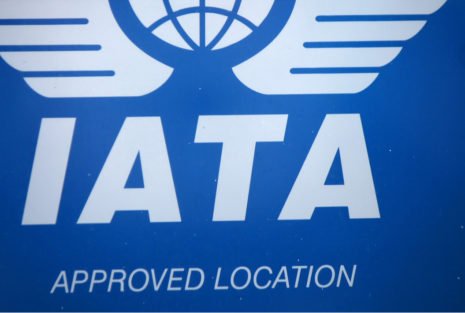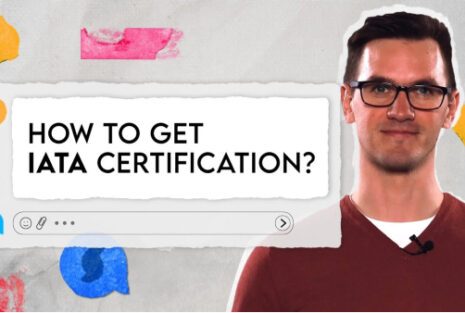IATA accreditation
IATA accreditation is the certification granted by the International Air Transport Association (IATA) to travel agencies that enables them to distribute the participating airlines’ inventory, accept payments, and issue tickets on the airlines’ behalf. Besides that, IATA-certified businesses gain global industry recognition and are considered credible and reliable.
IATA accreditation also gives certified agencies access to the Billing and Settlement Plan (BSP) – an invoicing and payment interface between the agent, airlines, and transportation suppliers. BSP is designed to simplify the selling, reporting, and remitting procedures of accredited agents.
To get full IATA accreditation, a travel business has to
- submit a package of required documentation (proof of general business operations, proof of qualifications, confirmation of prior travel agent experience, proof of financial viability, etc.);
- if the applicant’s present assets are below its liabilities, present a financial security/bank guarantee (its value varies across countries) to insure financial credibility;
- register at the Customer Portal;
- submit the IATA application form; and
- pay the registration fee.
Once the application is received and processed by IATA, they will contact the applicant for the next steps and confirm registration fees. Usually, the consideration period takes 2 weeks.
The entire accreditation process from preparing the application kit to receiving the IATA code usually takes several months. After granting accreditation, IATA conducts annual reviews to verify financial stability.
In 2017, IATA launched the New Generation of IATA Settlement Systems (NewGen ISS) that delivers three levels of travel agent accreditation and a simplified set of business rules for a more flexible approach.
While IATA accreditation offers the aforementioned benefits to travel businesses worldwide, companies that are US-based must obtain an ARC (Airline Reporting Corporation) and/or IATAN (International Airlines Travel Agent Network) certificate to get the same industry recognition and ticketing power.
Those travel businesses that don’t have IATA accreditation but want to sell flights can either partner with a consolidator or work under a hosting agency’s umbrella.







